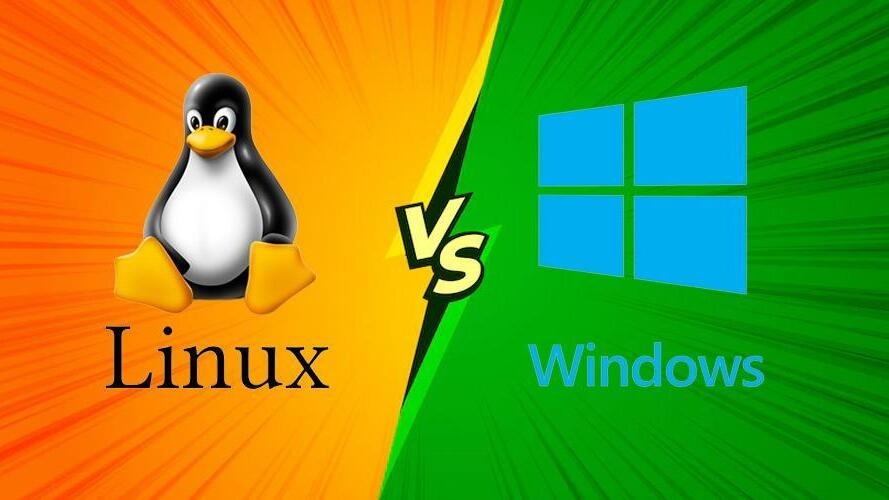Introduction
A server is a piece of computer software or hardware that provides services to other applications or gadgets, also referred to as “clients”. There are many distinct kinds of servers, including web servers, mail servers, DNS servers, database servers, application servers, cloud computing servers, and many more. In the next section we will talk about why Linux is Better than Windows . Read about it at www.mygreatlearning.com
Over time, the percentage of servers using Unix-like operating systems has increased significantly, with Linux versions leading the way. Today, a greater proportion of servers in data centers and on the Internet use an operating system based on Linux. Reda our other post at bugify.in
Free and Open Source
You can view the source code that was used to construct the Linux (kernel) and call it GNU/Linux if you’d like. Linux is free and open source. You can examine the code to find bugs, look for security flaws, or just to see what it is doing on your computer(s).
Because there are so many open programming interfaces, you can also quickly create and integrate your own programs into a Linux operating system. With the aforementioned characteristics, unlike Windows, you may customize the Linux operating system at its most fundamental levels to fit your server needs.
Stability and Reliability
Linux is built on Unix, and Unix was created to offer a strong, dependable, and user-friendly environment. The stability and dependability of Linux systems are well known; many Linux servers on the Internet have been operating for years without issue or even a restart.
What, specifically, makes Linux systems stable is the matter at hand. There are numerous determinants, some of which being process management, security implementation, and management of system and program configurations.
As will be further detailed in the next point, Linux is also safe since it severely limits the influence of outside sources (people, applications, or systems) that may be able to destabilize a server.
Security
Given that Linux is without a doubt the safest kernel available, Linux-based operating systems are safe and acceptable for servers. A server must be able to accept service requests from distant clients in order to be helpful, and by allowing some access to its ports, a server is always susceptible.
Linux, however, uses a number of security techniques to protect data and services from threats and misuse. Programs like a firewall (like iptables), TCP wrappers (to allow and deny service access), and Security Enhanced Linux (SELinux), which helps to restrict the resources a service can access on a server, can all be used to secure services.
Flexibility
it is flexible .Linux is incredibly robust and adaptable. You can adjust it to fit your server’s demands; you can (usually) do whatever you want. You have the option of installing a GUI (graphical user interface) or just using a terminal to control your server. this is one of the reasons why Linux is Better than Windows
Hardware Support
A variety of computer architectures are solidly supported by Linux, which runs on both new and relatively dated systems. If you have a tight hardware budget, this is one of the most important reasons why Linux is superior to Windows for servers.
Linux astonishingly works on technology that is rather old; for instance, the Slackware Linux website is hosted on a Pentium III running at 600 MHz and 512 MB of RAM. On their respective websites, you can find a list of the hardware that each distribution supports, along with any necessary specifications.
Conclusion
In conclusion , Linux is better than window as you have seen its functionalities you also saw by reading this article .













